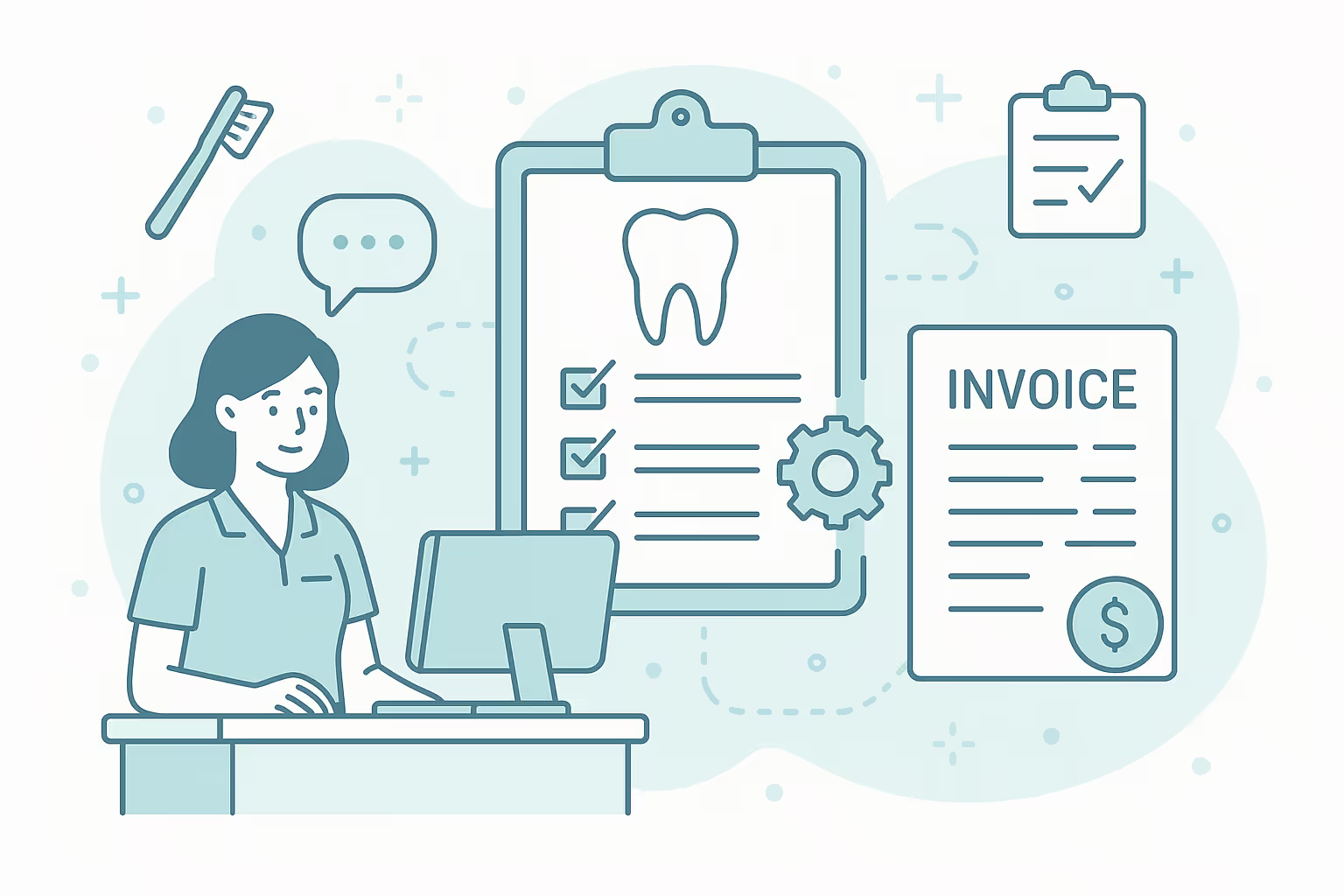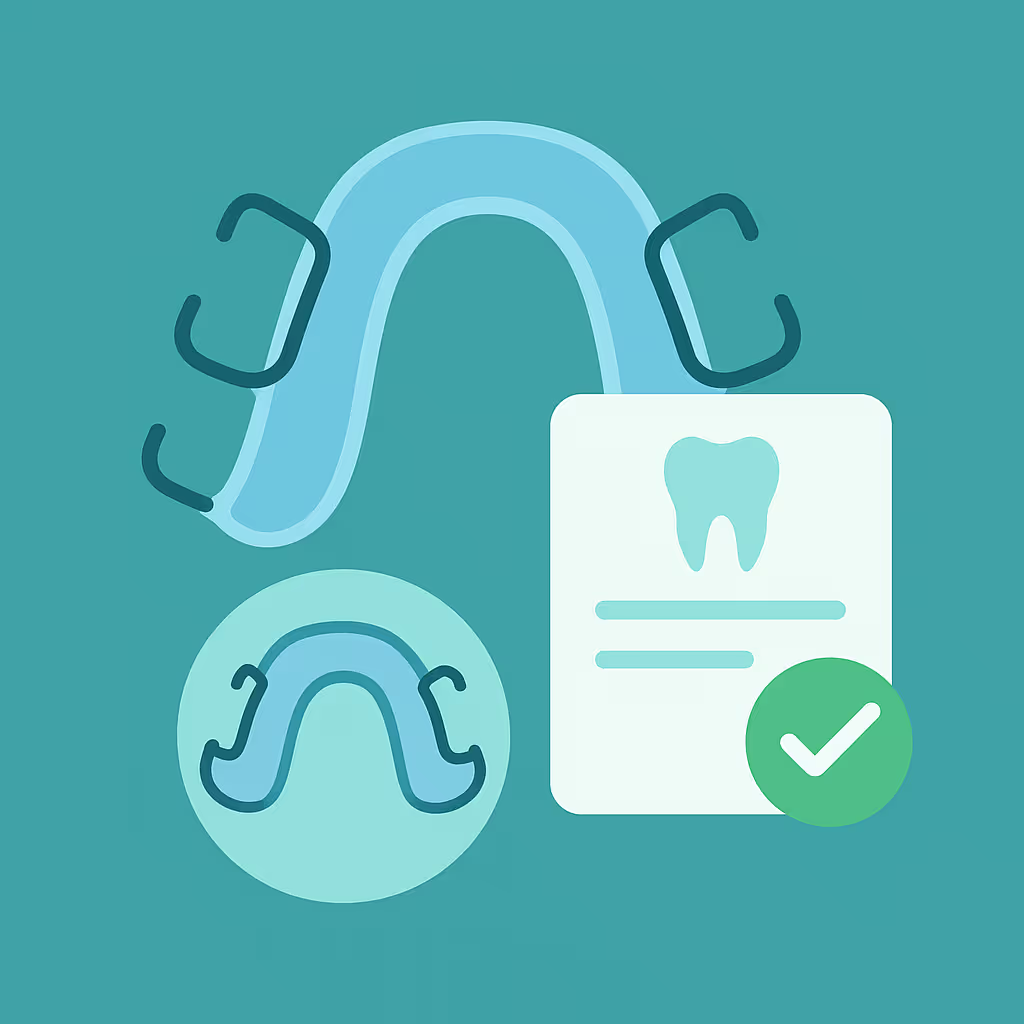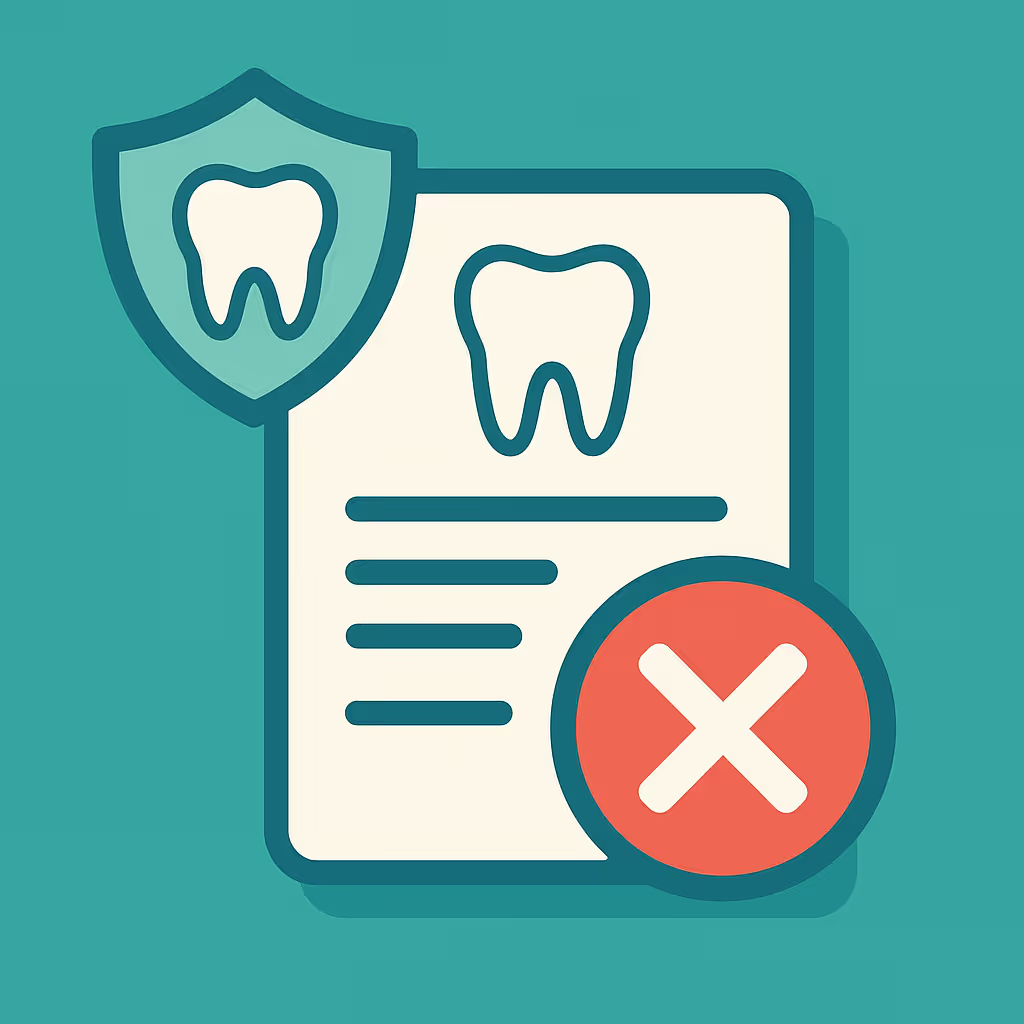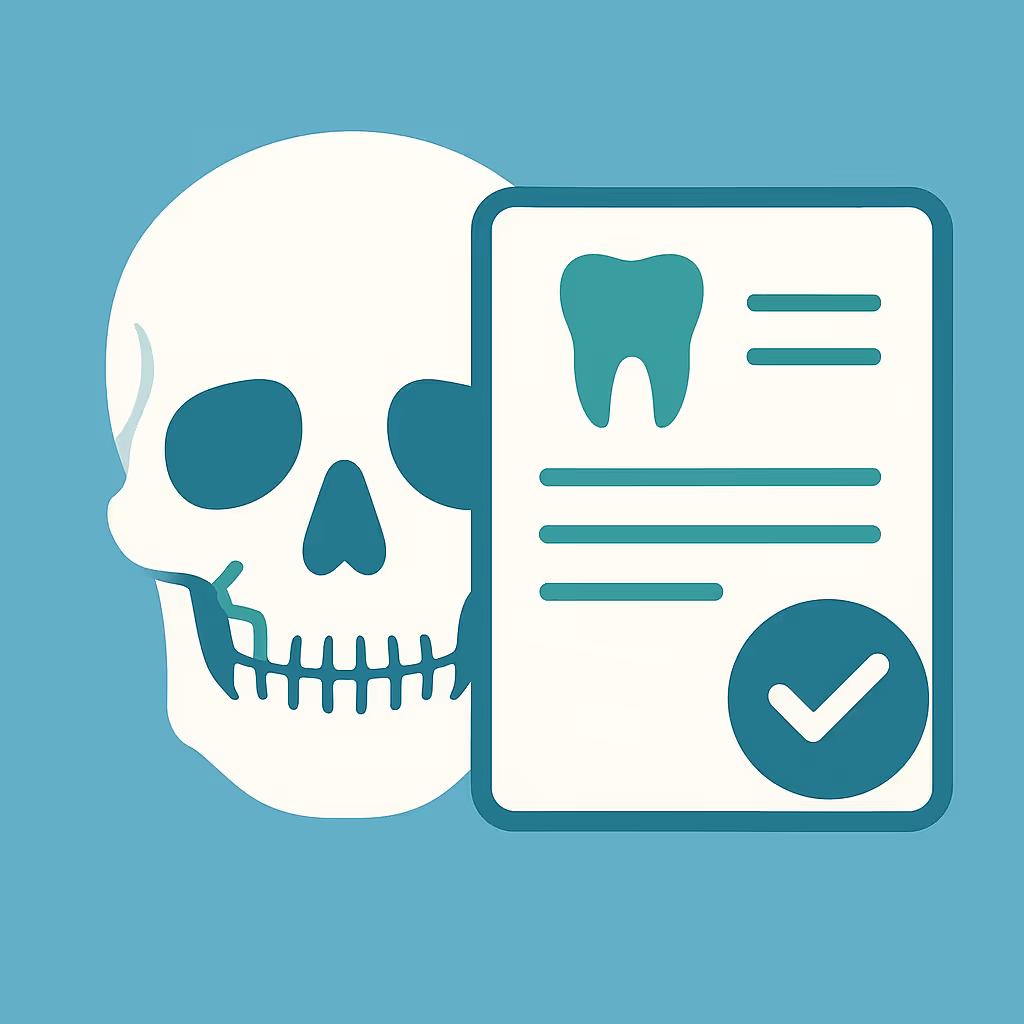Comprehensive Training for Dental Office Staff
Success in a dental practice depends on much more than clinical expertise—it requires a well-trained office team equipped with the skills to manage billing, scheduling, insurance, and patient communication. Comprehensive dental office training ensures that every staff member, from the front desk to billing specialists, can contribute to a smooth, efficient, and patient-centered practice. This guide explores essential training topics and actionable best practices for developing a high-performing dental office team.
Essential Training Topics for Dental Office Staff
Effective dental office training covers a range of competencies, including administrative workflows, insurance processes, billing and coding, and customer service. New hires and cross-training staff should be introduced to:
- Dental software systems (practice management and EHR platforms)
- Understanding CDT codes and dental terminology
- Insurance verification and eligibility checks
- Appointment scheduling and recall systems
- Patient intake and documentation protocols
- Accounts receivable (AR) management and collections
- Claim submission, tracking, and appeals
- HIPAA compliance and patient privacy
Providing a structured onboarding checklist and ongoing training ensures staff stay current with industry standards and office policies.
Front Desk Skills: Scheduling, Insurance Verification
The front desk is the nerve center of any dental practice. Staff here must master:
1. Efficient Scheduling:
- Use practice management software to optimize provider schedules and minimize gaps.
- Confirm appointments with automated reminders and follow up on no-shows.
- Coordinate hygiene and restorative visits to maximize production.
2. Insurance Verification:
- Collect insurance details during patient intake.
- Contact payers or use online portals to verify eligibility, plan limitations, and coverage for planned procedures.
- Document details such as deductibles, annual maximums, waiting periods, and frequencies in the patient’s record.
- Communicate coverage estimates and out-of-pocket costs to patients before treatment.
Accurate scheduling and insurance verification reduce denied claims, improve cash flow, and enhance patient satisfaction.
Billing and Coding Training Overview
Dental billing is complex and requires precision. Staff should be trained to:
- Assign correct CDT codes for all procedures, ensuring documentation supports billed services.
- Submit clean claims electronically, attaching required documentation (e.g., X-rays, narratives) as needed.
- Interpret Explanation of Benefits (EOBs) and post payments accurately.
- Monitor Accounts Receivable (AR) and follow up on unpaid claims.
- Initiate claim appeals with detailed narratives and supporting documents when denials occur.
Regular review of payer guidelines and updates to CDT codes is essential for compliance and reimbursement accuracy.
Patient Communication and Customer Service
Every patient interaction shapes the reputation of your dental practice. Training should emphasize:
- Clear, empathetic communication about treatment plans, financial policies, and insurance benefits.
- Active listening and addressing patient concerns or questions promptly.
- Professional phone etiquette and effective in-person greetings.
- Handling difficult conversations, such as payment discussions or explaining denied claims, with tact and transparency.
Role-playing scenarios and regular feedback help staff build confidence and consistency in patient communications.
Resources for Ongoing Staff Development
Dental office training is not a one-time event. Encourage ongoing development by:
- Scheduling regular team meetings to review workflow updates and industry changes.
- Investing in continuing education courses for billing, coding, and customer service.
- Utilizing in-house mentors or cross-training programs to build a flexible, knowledgeable team.
- Encouraging staff to stay informed about dental insurance trends and payer requirements.
Empowering your team with up-to-date knowledge and skills leads to fewer billing errors, higher patient satisfaction, and a thriving dental practice.





